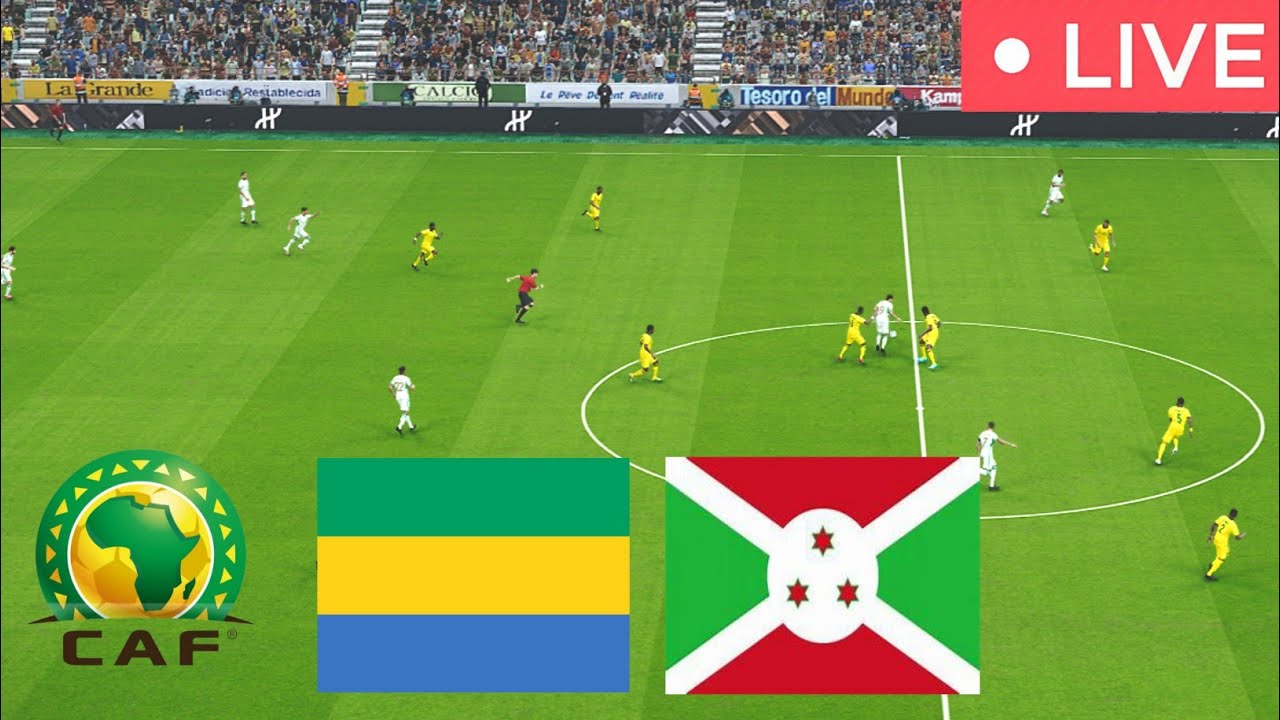Introduction
The relationship between South Africa and Rwanda has garnered attention for various reasons, including economic ties, cultural exchanges, and political dynamics. Understanding the distinct characteristics of these two countries is vital for grasping the broader context of African development and regional cooperation. Both nations have unique histories and challenges, yet they also share aspirations for growth and stability.
Economic Landscape
South Africa, one of Africa’s largest and most developed economies, has a diverse industrial base, with key sectors including mining, manufacturing, and agriculture. The country has faced economic challenges, including unemployment and inequality, but remains a critical player on the continent. In contrast, Rwanda has made significant strides in economic development since the 1994 genocide, focusing on technology and service-oriented growth. According to the World Bank, Rwanda’s GDP growth rate averaged around 7% in the past decade, positioning it as one of the fastest-growing economies in Africa.
Cultural Exchange
Culturally, South Africa is known for its rich diversity, with 11 official languages and a tapestry of traditions influenced by various ethnic groups. On the other hand, Rwanda, often referred to as the “Land of a Thousand Hills,” has a more homogenous culture characterized primarily by the Kinyarwanda language and traditions. Both countries emphasize unity and reconciliation in their cultural narratives, albeit from different historical contexts.
Political Dynamics
Politically, South Africa operates as a parliamentary republic grounded in a democratic system, with a strong emphasis on human rights and freedoms. Conversely, Rwanda, under the leadership of President Paul Kagame, is often critiqued for its authoritarian tendencies, although it has maintained stability and economic growth. Analysts suggest that South Africa’s political challenges, including corruption and governance issues, can be a lesson for Rwanda as it navigates its own path forward.
Conclusion
The comparison between South Africa and Rwanda highlights key differences in economic structure, cultural identity, and political systems. As both nations strive for development and regional cooperation, understanding these differences can foster better diplomatic relations and mutual growth. Moving forward, the focus on collaboration could serve as a vital tool for addressing shared challenges—ranging from trade agreements to combating climate change—ultimately contributing to a more integrated African continent.


